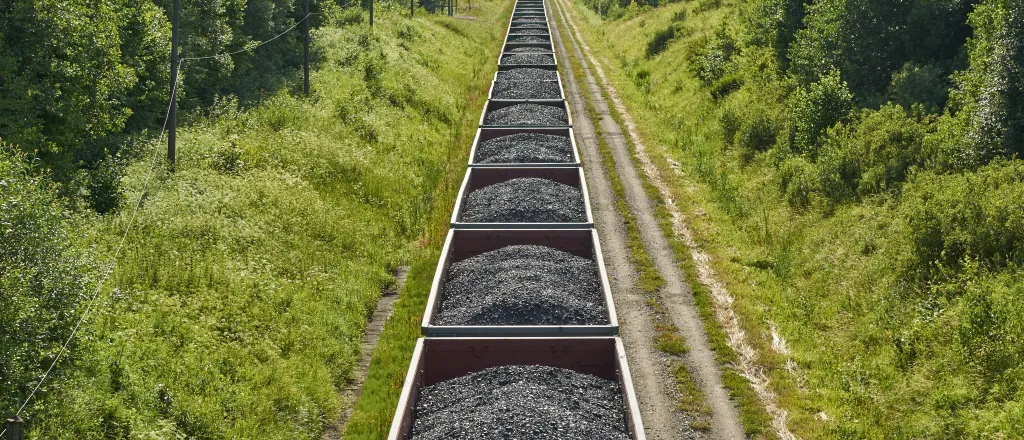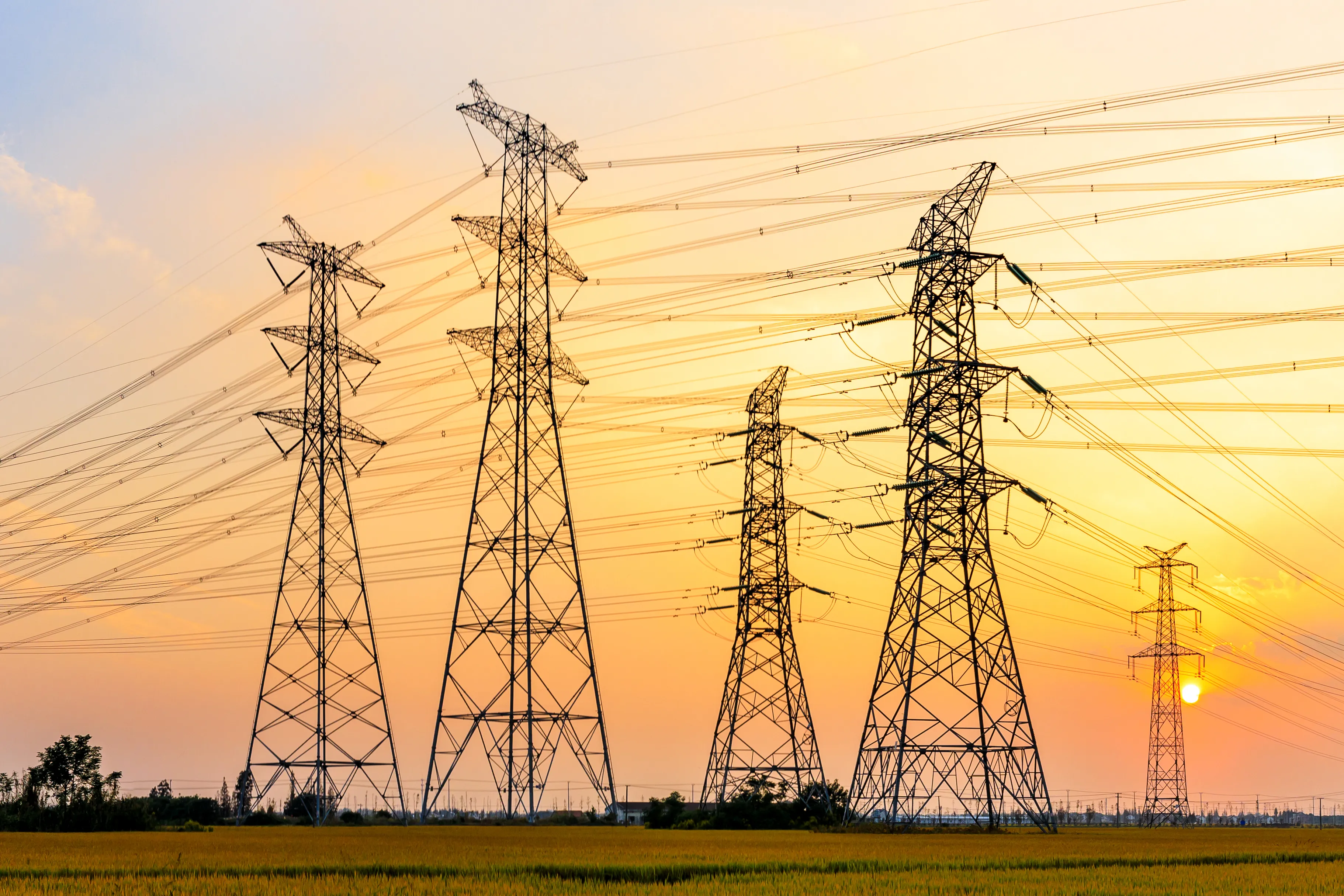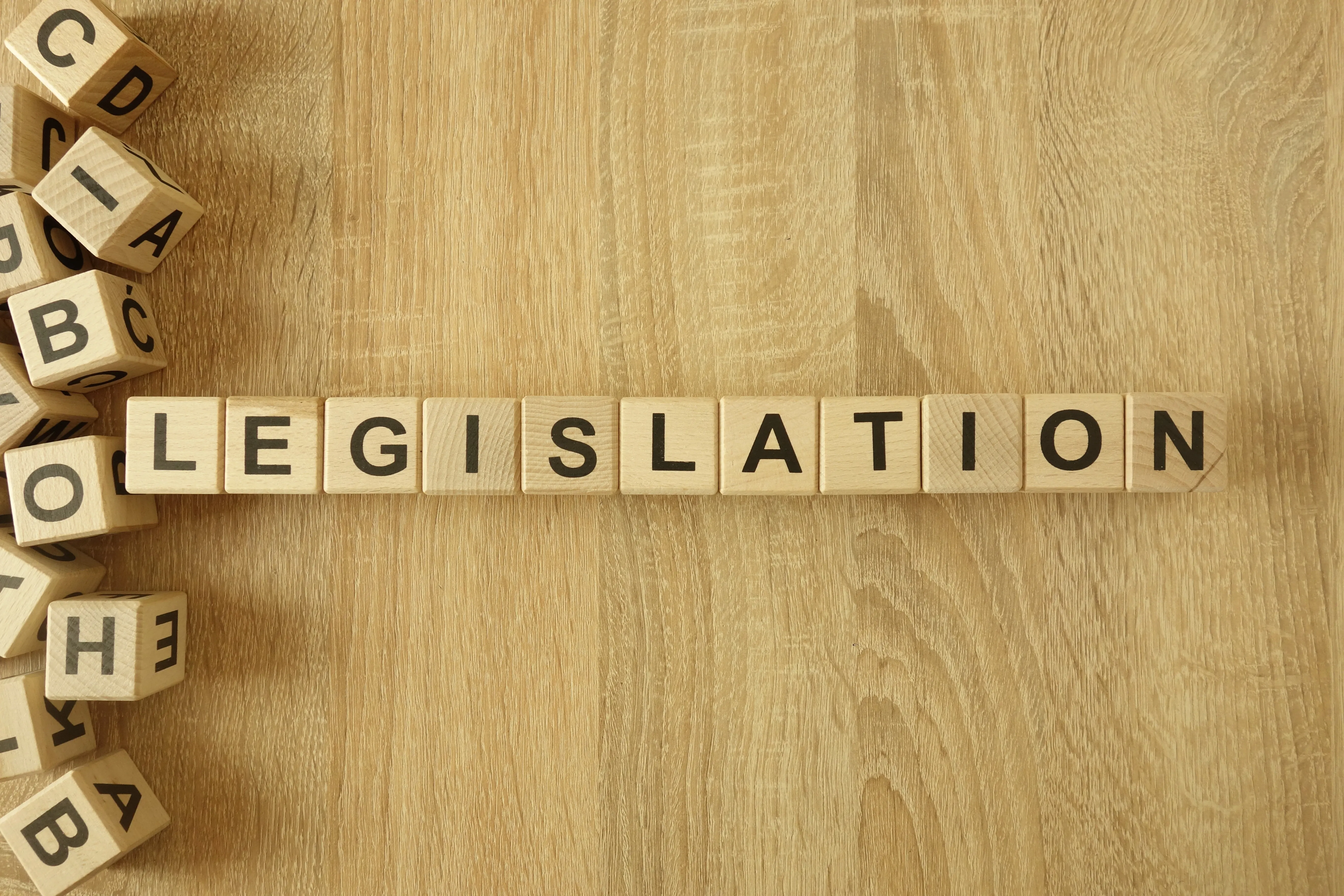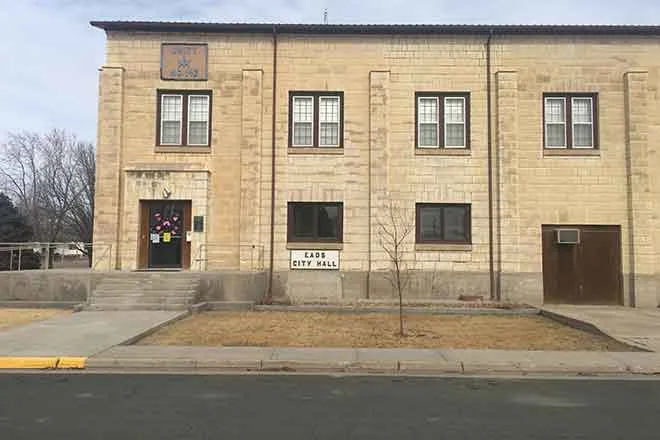
Deadline for state to act on coal mine air pollution permit back in court
(Colorado News Connection) Environmental groups are headed back to court this Friday in hopes of setting a clear deadline for Colorado Governor Jared Polis' administration to start reining in climate pollution at the West Elk Coal Mine in the North Fork Valley.
Nathaniel Shoaff, senior attorney for the Sierra Club, said the mine has been operating without a permit in violation of the Clean Air Act for years, and is a major contributor to climate change due to its methane emissions.
"Its heat-trapping properties are far more powerful than carbon dioxide, and scientists around the globe have told us that we are in the critical decade," Shoaff pointed out. "If we want to avoid the worst effects of climate disruption, we must act, and we must act now."
A Colorado district court ruled in December the Polis administration violated state law by failing to approve or deny an air pollution permit for the mine, owned by Arch Resources, formerly Arch Coal, by a statutory deadline of September 2021. The state did not dispute the ruling, but told the court due to staffing issues and lack of cooperation by Arch, a draft permit would not be possible before June 1 of this year.
The court is also expected to review records it ordered released related to the state's claims of Arch's "uncooperativeness," and how the state has responded. Shoaff noted Colorado's statute does not indicate the state must act only if it gets paperwork from the mine, the statute said the state must approve or deny a permit within 18 months of receiving the application.
"A facility like the West Elk Mine that has been operating for years without the required permits, and it's the largest industrial source of methane in the state, that should get a high priority from the state," Shoaff contended.
Colorado has set a goal of removing coal from its energy portfolio by 2030. Because federal and state governments have provided subsidies to extract and burn fossil fuels for decades, making communities dependent on those industries, Shoaff argued it is not enough to tell people living in the North Fork Valley there is a job for you in another state. It is incumbent on the government to provide solutions.
"And provide financial incentives for new companies to operate in these areas," Shoaff stressed. "If you don't, you're doing a disservice to those families and those communities that worked for a long time to help keep the lights on."

















